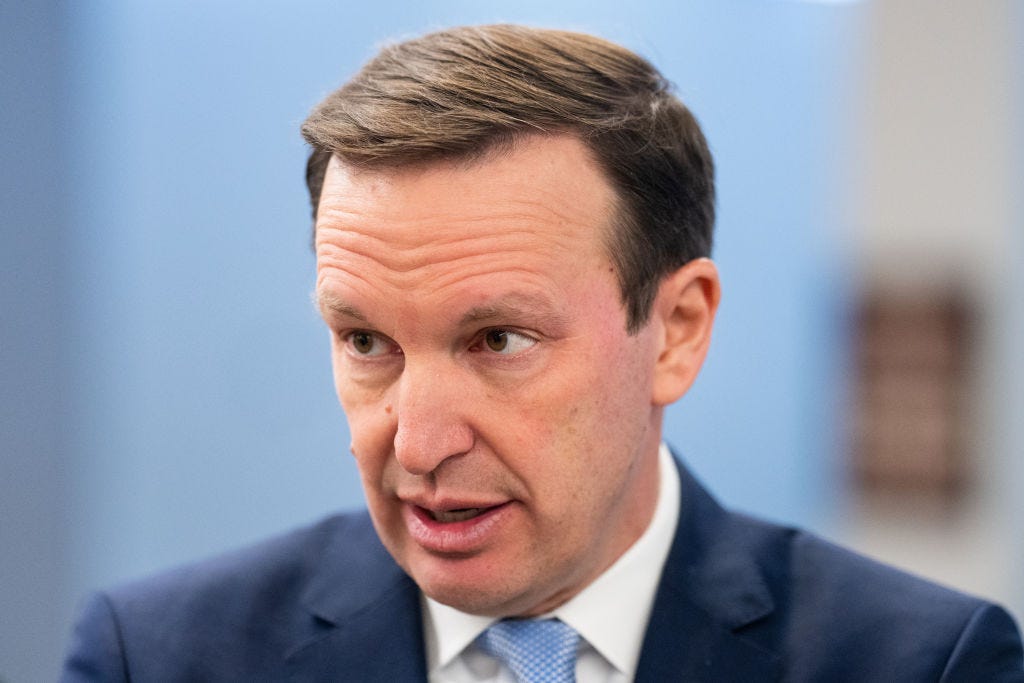Fascism will not be defeated by logic
Senator Chris Murphy on how the left can learn to speak to the emotional life of an anxious country — and win
Chris Murphy has built a reputation on his ability to make policy on the most emotionally fraught issues in America, from gun safety (where he managed to get a law passed for the first time in three decades) to the border crisis (where he got a bipartisan committee to agree on a bill, only to see it fall apart after Trump pressured the party).
He’s also …
Keep reading with a 7-day free trial
Subscribe to The.Ink to keep reading this post and get 7 days of free access to the full post archives.





